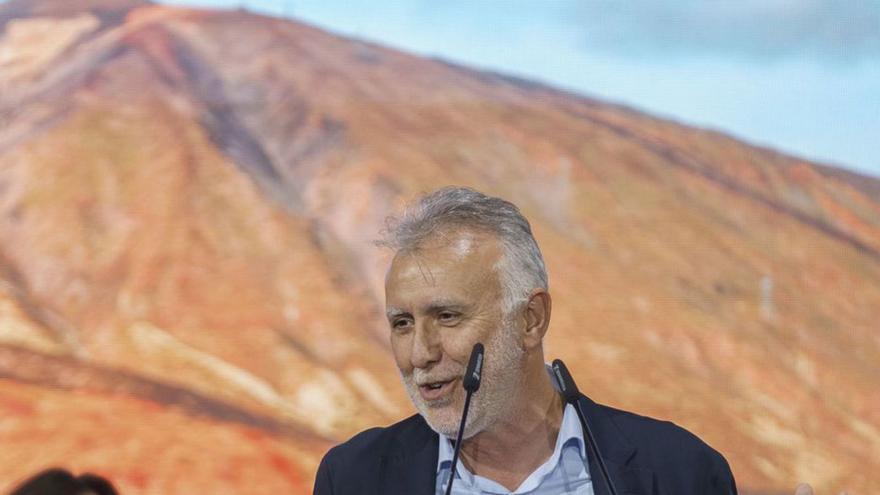
The recent XVIII Congress of the PSOE of Tenerife was ostensibly intended to heal the longstanding wound resulting from losing power in 2023. Surprisingly, as in the regional context, Pedro Martín and his associates seemed rather confident that they would maintain their posts with assistance from two or three advisors from Podemos. This demonstrates a striking lack of realism among seasoned politicians. Before 2023, the PSOE was the most voted party in Tenerife; however, this does not imply – despite all the slogans and narratives – that the social-democratic left is the voters’ preferred alternative. The combined total of votes for CC and the PP reached 186,000, while the PSOE garnered only 112,000. Moreover, Vox, which is not exactly a progressive party, attracted an additional 17,800 votes. It appears that in the majority of municipalities, the key factor affecting socio-electoral dynamics is not the ideological leanings of governance, but rather the image of mayors and their effectiveness in resolving specific issues and conflicts, especially against an opposition lacking leadership, vision, or execution. It is quite absurd that Tamara Raya – the newly appointed secretary-general of the Tenerife Organisation – claims that Tenerife represents a progressive island – that is, a society. It sounds reminiscent of Óscar López asserting that the social majority in Madrid leans left, while the PP has dominated the community’s right and centre-right dynamics for decades. It is equally amusing to see “the representation of the working class” thrown into the mix. Where will socialist leaders derive such fantasies for 2025?
The people of Tenerife – a modest presumption – care little whether Tamara Raya tilts slightly to the left or Rosa Dávila veers a tad to the right, or if Lope Afonso grins like the shower reverend from the film The Silence. What they increasingly demand – becoming more sceptical and impatient – are tangible solutions to the burdens and shortcomings affecting their daily existence, which ought to be incorporated into a realistic, clear, and open plan for the economic, social, and cultural future of Tenerife.
During the PSOE Tenerife Congress held last weekend, that strategic vision for Tenerife from a social-democratic perspective, where civil society is more effectively represented and gains greater prominence, was conspicuously absent. Political congresses – albeit nostalgic – are certainly no longer what they used to be. In the best – or worst – scenarios, they primarily revolve around distributing or sharing organisational influence to support either a new or returning leadership somewhat robustly. This focus has been evident in Mrs. Raya’s recent weeks, initially aimed at winning the Congress, and subsequently, perhaps, contemplating a management model and core objectives. It must be acknowledged that Tamara Raya has successfully united various factions and leaderships to a fair extent, notably in the case of Patricia Hernández, for whom the position – albeit symbolic yet appealing – of party president was reserved. It is interesting to note how Hernández – a politician who regards work as a biblical curse – has managed to become such a prominent figure within the PSOE of Tenerife. Her primary achievement has been securing significant political victories, only to squander them almost instantly. Furthermore, she has maintained the local group in Santa Cruz de Tenerife in a rather stagnant state, ensuring they remain inactive. Fortunately for the party, the new Executive Commission will include Aarón Afonso as Deputy Secretary-General, recognised as one of the most competent minds in the socialist organisation. Also joining will be José Antonio Balbuena, a senator, alongside the likeable Arristancos, represented by Mrs. Rodríguez Fraga, and that elusive figure the mayor of La Laguna has set adrift in a bay, seeking insight throughout the day and night.
















